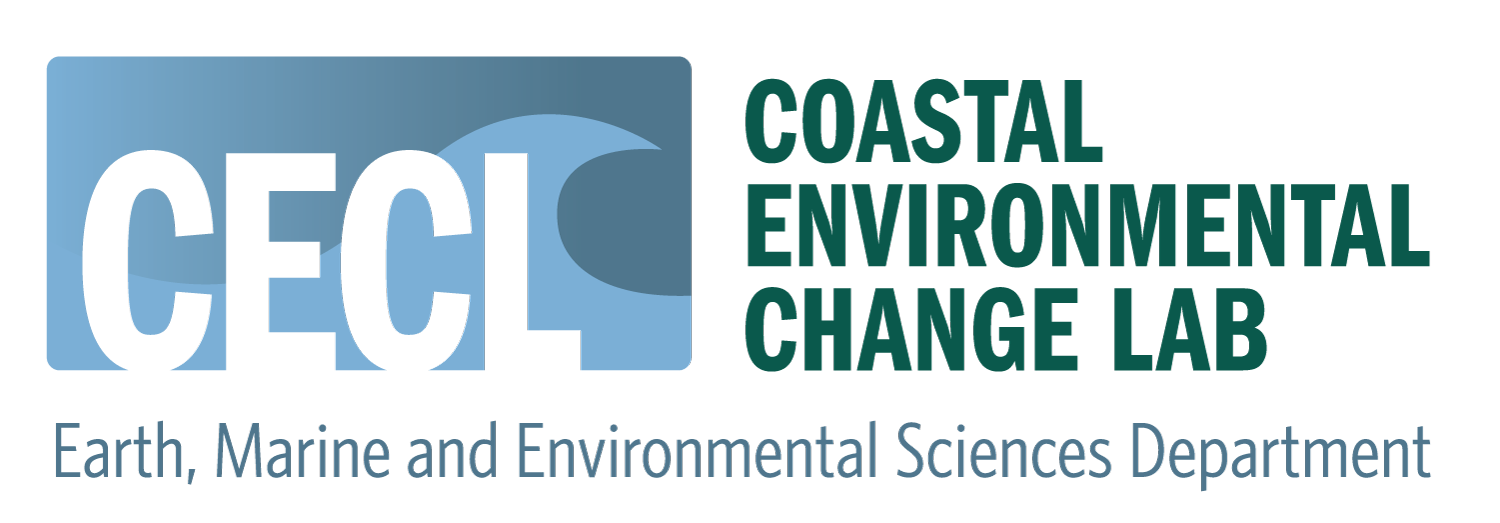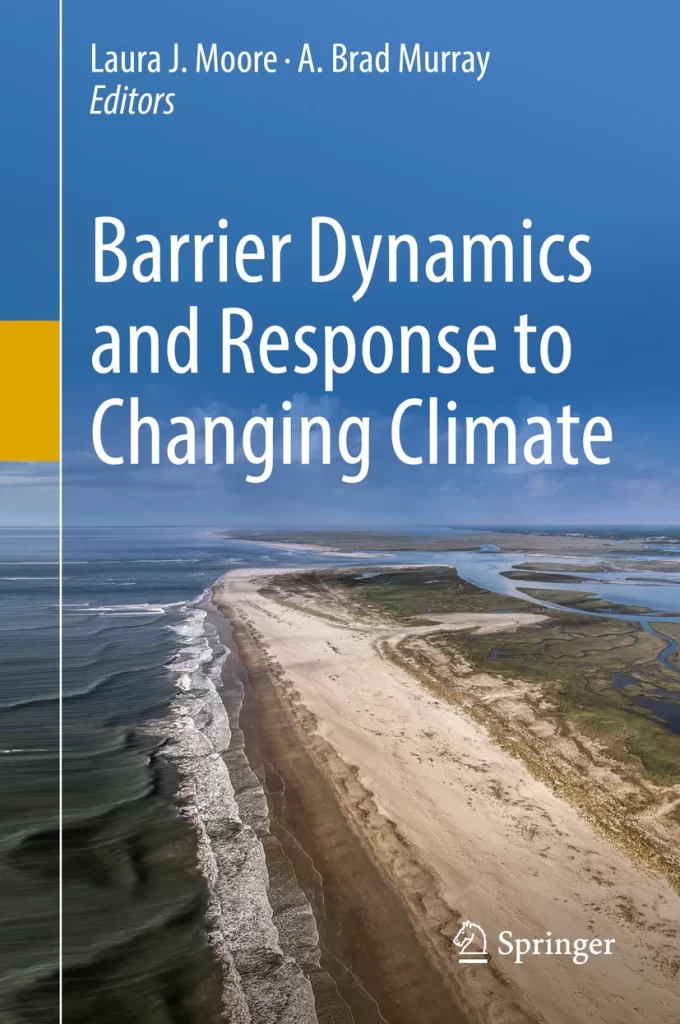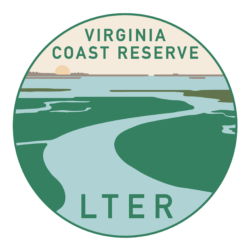News
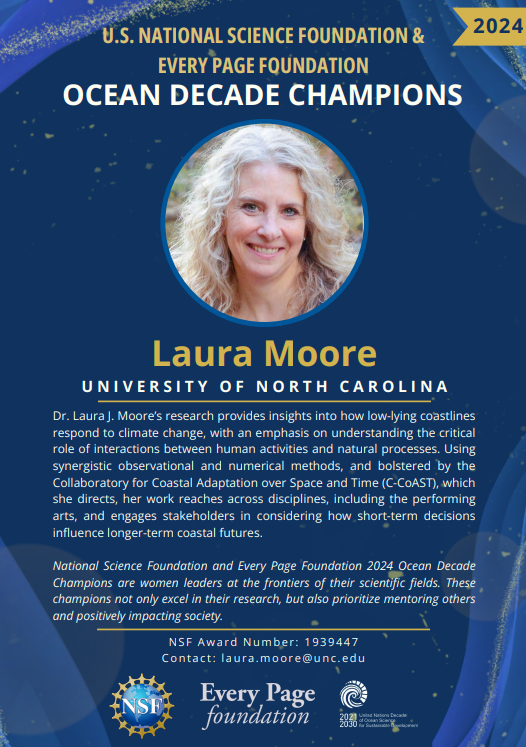
Laura Moore named NSF-EPF Ocean Decade Champion
The U.S. National Science Foundation, in collaboration with Every Page Foundation (EPF) announced 22 women science leaders as the 2024 NSF-EPF Ocean Decade Champions. Laura Moore is one of those recipients.
Each champion is associated with a project funded by the NSF Coastlines and People (NSF CoPe) program and receives a monetary award to support leadership activities, networking opportunities, technical and communications training and cross-disciplinary and intercultural scientific endeavors.
Read about supporting women in ocean sciences on the NSF website.
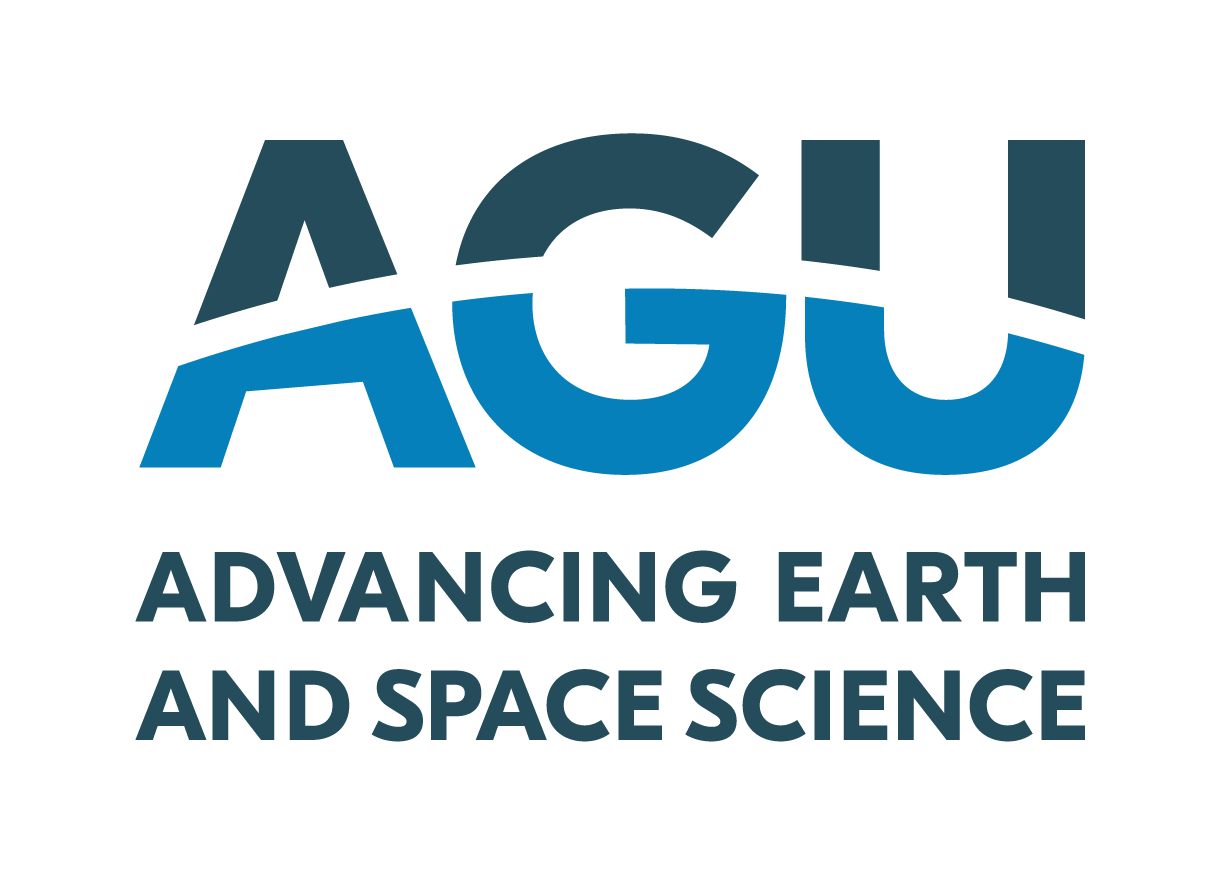
Transdisciplinary Research Supports the Sustainability of Barrier Island Systems Threatened by Climate Change
Patrick Barnard and Davina Passeri of the USGS published a commentary in Earth’s Future highlighting coupled human-natural dynamics work from CECL:
Barnard, P. L., & Passeri, D. L. (2024). Transdisciplinary research supports the sustainability of barrier island systems threatened by climate change. Earth’s Future, 12, e2024EF004854. https://doi.org/10.1029/2024EF004854
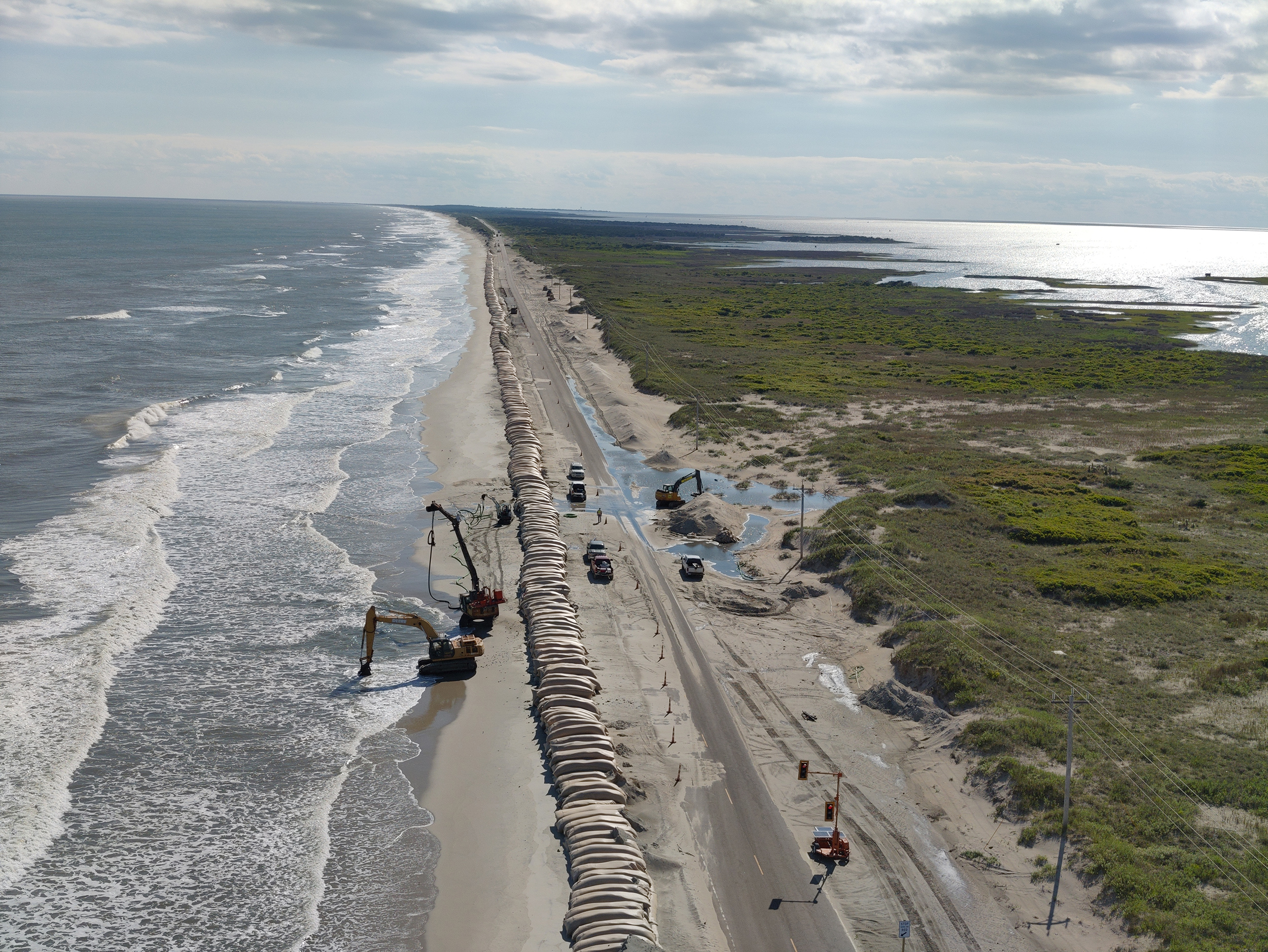
Ocracoke Adaptation Study Press
- Researchers begin study to evaluate how erosion may impact transportation systems on Ocracoke Island – Cape Hatteras National Seashore (U.S. National Park Service) (National Park Service, August 21, 2024)
- How Saving Island Life Can Sink the Island (Duke Nicholas School of the Environment, April 23, 2024)
2020 News Briefs
C-CoAST, a new network of coastal researchers, practitioners and stakeholders, for which Moore serves as Director, was funded by the National Science Foundation in April 2020.
NOAA NCCOS features a recent paper by CECL Ph.D. student Michael Itzkin, Moore and colleagues.
CSDMS awards CECL Ph.D. student Ian Reeves the Syvitski Student Modeler Award.

Rollover
A staged reading of Rollover, a new play written by Laura J. Moore, took place in April 2018. Rollover conveys the impacts of climate change on barrier communities and landscapes, and is in development.
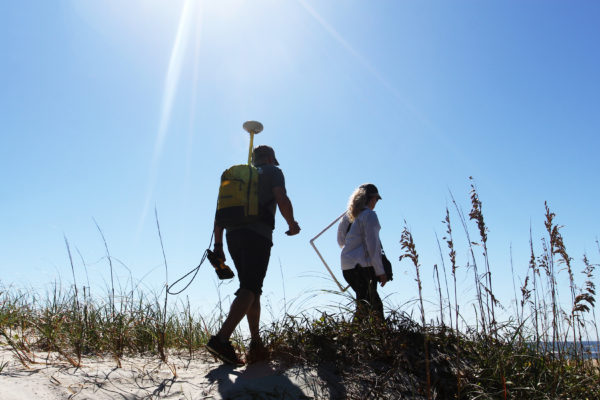
Keepers of our Coast
North Carolina’s barrier islands are dynamic landforms in a state of constant change. UNC researchers want to better understand how those changes happen and what they mean for the future of our coast.
Story and video by Mary Lide Parker.

A Day in the Field
How does a beach recover after a hurricane? What are the outcomes of natural processes versus man-made interventions? These are some of the questions posed by Elsemarie deVries, a PhD student in the UNC Coastal Environmental Change Lab. Using a variety of approaches, deVries investigates the interactions between different dune-building processes. Now she is taking her expertise to a South Carolina beach recovering from the effects of Hurricane Matthew.
Photo essay by Mary Lide Parker.
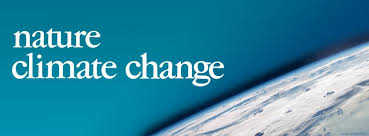
Barrier island bistability induced by biophysical interactions
Nature Climate Change features article on Barrier Islands by Moore and former postdoc Orencio Duran.
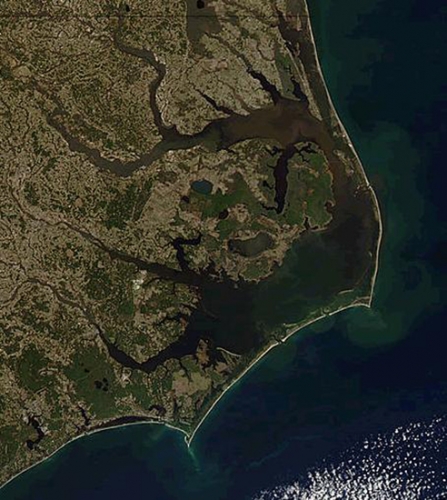
The Future of the Outer Banks
North Carolina’s barrier islands are on the move.
Endeavors Magazine features Moore’s Outer Banks research.

Barrier Island Study Reveals Surprising Responses to Rising Seas
Earth Magazine features research by Moore et al.
